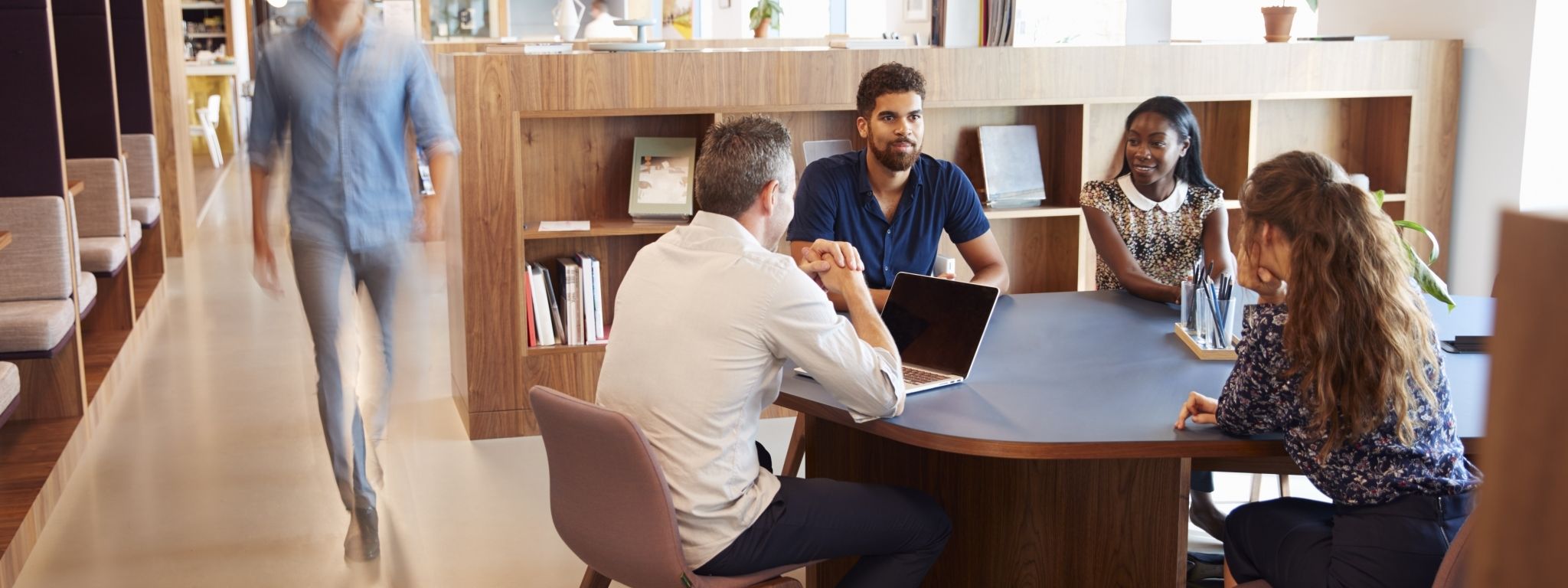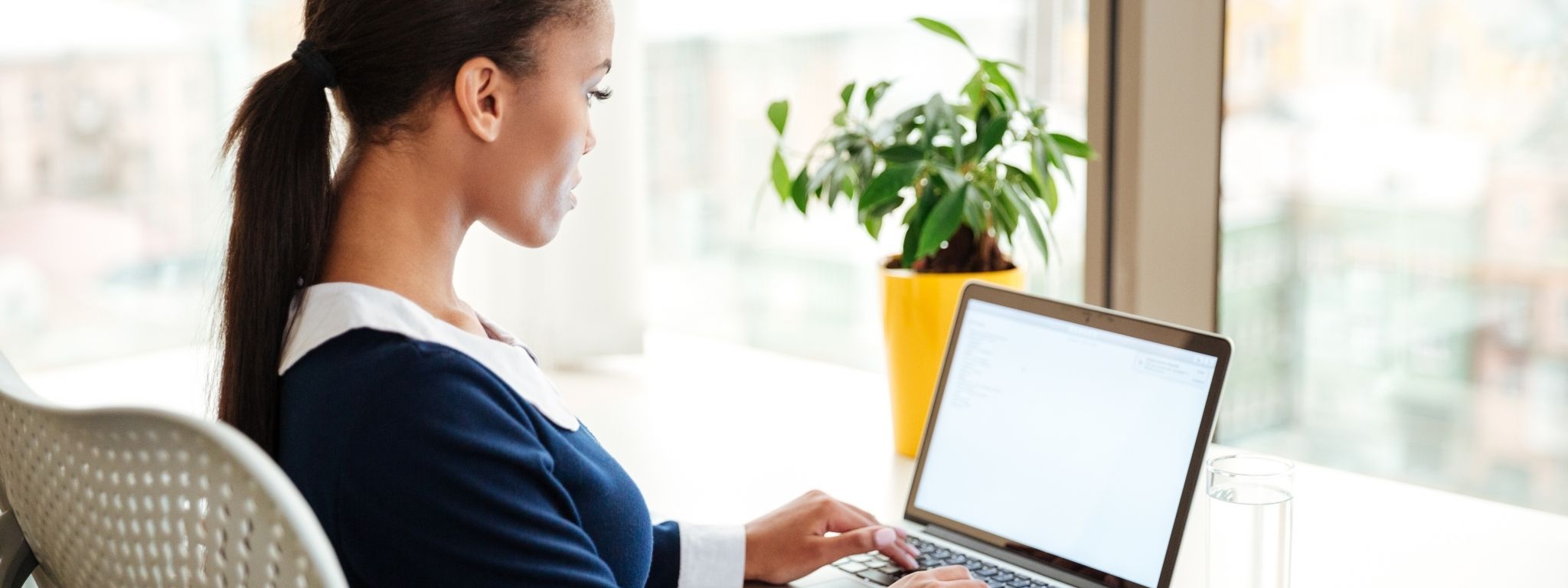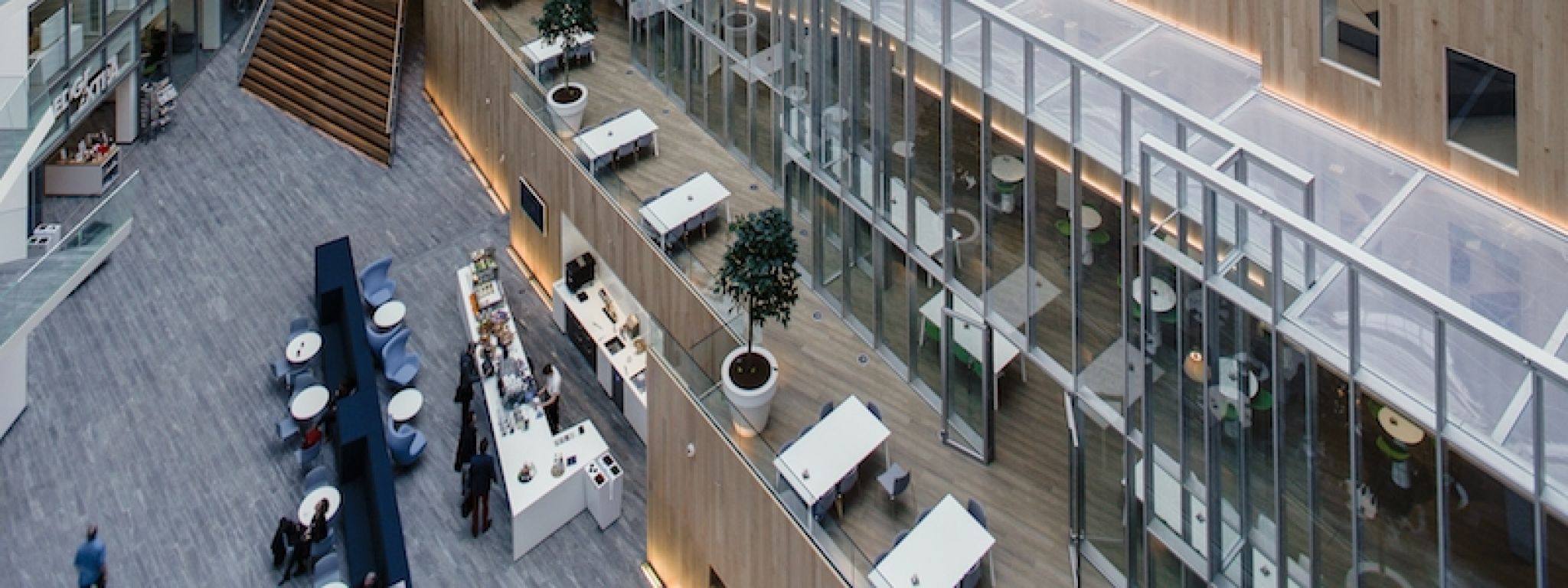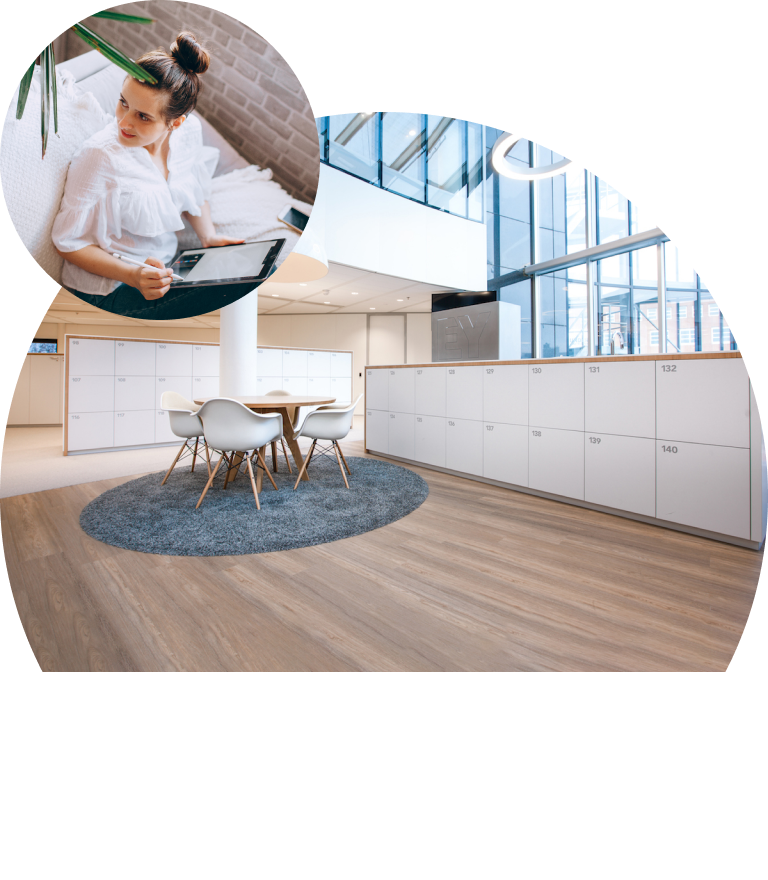In our series of interviews with our allied partners around the world, we have gathered insights on the current state of workplaces in different regions and the impact the coronavirus will have on workplaces and how people work. Being in the frontline of changes and understanding trends when it comes to workplaces and the future of work, this week's interview is with our allied partner in Norway – Merete Volan, Sales Director Norway at Martela.
Martela is one of the Nordic leaders in the office interior industry designing and creating the best workplaces and learning environments for its customers.
What kind of workplace strategy is currently used in your region?
We see on a top-level that companies are interested in attracting and keeping the best employees, and making sure their offices suit to the actual tasks that are performed. Many choose to sit in open landscapes, but we also see many in-between solutions with a mix of free seating, grouping of functions and still some traditional offices.
Before the crisis, we saw a willingness to invest.
What is currently the impact of the coronavirus in your region and what is going to change in the future?
March 12th Norway closed down all schools, kindergartens, hairdressers, physical therapists etc. The country closed its borders and everything more or less stopped, it's forbidden to work from the office unless in a critical position. This stopped and paralyzed companies all over the country and we now have about 10% unemployment including those on temporary layoff. As of the end of April, Norway will slowly start to reopen businesses and schools, so hopefully the wheels will start turning again. What the long-term effect will be is impossible to say, but there is a clear impact on the overall economy.
How are real estate managers and architects reacting to the current coronavirus situation?
Companies and architects are trying to solve the tasks from home offices, but the sale of new homes, and willingness to invest is down, projects are on hold and there’s a clear slowing down of investments in the private sector. In the public sector it is more trending business as usual, especially with schools and universities, and other supporting functions, so there the projects are more or less on track.
In previous crises, there was a growth in the public sector and we anticipate this trend also for this crisis. We see temporary layoffs in all the private sectors. We hope this will slowly start to turn into people returning to work as we open national functions.
What will be the “new normal” when it comes to workplaces?
It’s always difficult to predict the future, although I have to say I believe we will travel less for a long period of time and utilize digital possibilities of meeting and cooperating at a larger scale. This will probably have an effect on what investments are done in offices and the needed space.
How is remote working and working from home affecting companies in your region?
It seems the adaption to remote work has worked well, and increased demand for digital solutions and support for ergonomic furniture and supporting equipment. I believe the trend will show that we generally have a positive feeling of what can be performed remote and this will probably impact the future investments and thinking related to offices.

“My feeling is that in a crisis situation like the one we are currently facing with COVID-19,
there is a need for information, belonging, and humor. And I believe companies have a
very important role in this.”Merete Volan, Sales Director Norway at Martela
Will the corona crisis accelerate the implementation of a flexible workplace strategy?
Absolutely. The current situation has shown how much we are able to do remote, and also some of the benefits this might have on everyday life and efficiency, in addition to the environmental impact. Before the corona crisis, there were many raised topics in The Nordics related to shorter workdays and new ways of working meaning less time spent at the office, but more efficient and flexible solutions for the employees.
Now is not the time to open those discussions, although I strongly believe we will learn a lot from this that will make new paths for future ways of working. I believe that happy and content employees with a strong sense of belonging and meaningfulness will perform better when given the opportunity to choose the way they perform tasks and flexibility in their life where work and private life can coexist in a good way.
What tips do you have for the management team regarding flexible working?
My feeling is that in a crisis situation like the one we are currently facing with COVID-19, there is a need for information, belonging and humour. I see that we have people in many different private situations and ages, but need for belonging, information and sense of support is important. I believe companies have a very important role in this. Work is a large part of our lives and gives us a sense of socialising, belonging and safety.
When this is so swiftly removed and narrowed, it can cause insecurity and fear. To minimise this we have accelerated our team meetings, made them short and daily so people get a sense of belonging, also the supporting functions. Information on the company’s strategy and weekly general updates on “state of the art” and also trying to bring in normal social activities to a digital platform, such as after-work via Skype.
Also facilitating to normalise the situation as much as possible supporting the employees that need and wish to work from home, and also taking care of those who still want to work from the offices but in a safe way.




